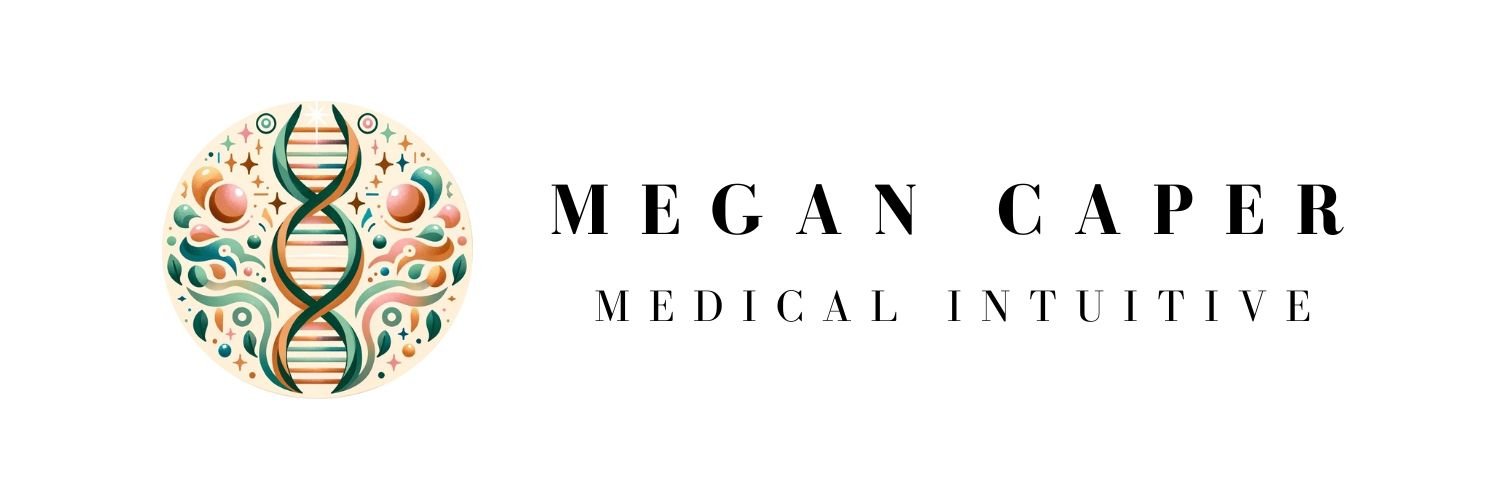Before you make any decisions, make sure you have all FOUR of your brains on board
I want to talk about your brains. Yes, brains plural. All four of them. Most of us know about one of them, maybe two, but in fact you have FOUR separate brains.
Let me explain what I mean by a brain. There are different areas in our bodies that have dense, semi-autonomous neural networks. One is in your head (what we commonly call your “brain”) but you also have dense neural networks in your heart, your gut and your pelvis.
Up until a couple years ago, medical science thought that there was only one brain (the one in your head) but recent research has definitively shown you have another one in your gut (your enteric nervous system) and there is mounting evidence for neural networks in your heart and pelvis too.
Each of these brains has different abilities and access to different ways of processing information. For a balanced bodymind, it’s important to be able to use and rely on all four brains equally.
Let me go through the information gathering and decision making aspects of each brain so you can learn how to access that information for yourself. BTW — Each brain can do way more than what I’m describing here, but here’s a summary of the capabilities of each one for the purposes of information gathering and making wholistic decisions.
Our head brain, or what we commonly just call the brain, is very good at logical, deductive reasoning. This can come in handy when we’re trying to figure out the possible consequences of each possible decision, weigh the pros and cons, or using executive function skills to figure out the best solution. Basically, this is the brain that gives us rational, logical information and can compare and contrast the possible outcomes of that information. This brain is very helpful for interacting with the rational, ego driven world that we live in. Most things that people would call a “good decision” (aka well reasoned, low risk, etc) come from this brain.
The heart brain considers things from an emotional perspective. How do I feel about each of these options? Which one feels in alignment with bringing more love, joy and connection into my life? Which one am I drawn to with a sense of emotional excitement, longing and fulfillment? Our heart brain gives us information on what would help us feel happy, connected and loved. Heart brain information is often not logical, for example think of the saying “the heart wants what the heart wants” which implies that the decision isn’t logical but is compelling and fulfilling.
Gut brains are tied into our sense of instinct and intuition. Our gut brain can tell us if something is right or wrong for us (which may not be right or wrong on a logical, head brain level). Gut brain information is more grounded in that 2nd and 3rd chakra energy of creativity and individuality. If you think of the phrase, “I had a gut feeling” it means you just knew it, without having the facts or logic to back it up. Our gut brains synthesize and provide information almost instantaneously. Oftentimes a feeling of deep knowing or a sense that something is the right decision comes from our gut brains.
Finally, there’s your pelvic brain. This brain is tied into our creative longing, what we are meant to do and create and be in this world. Our pelvic brain gets fired up when we think about an option that is in alignment with what we’re supposed to do in this world, what we desire to make, create or interact with. The pelvic brain says, “Yes, I want that so I can create magic with it.” Pelvic brain gives us information on what kind of transmutation work we are here to do and how we’re supposed to bring our unique, individual magic to the world.
When you have a decision to make or are thinking about taking action (or not taking action) make sure you tune into all four of your brains and see what they have to add to the conversation. It may be challenging at first to hear the wisdom of your heart, gut and pelvic brains because we’ve all been trained by modern society to only ask our head brains for an opinion, but I promise you those other brains are there, waiting for you to ask for their input, happy to give you the best possible guidance you can get — the wisdom of your own multifaceted ways of knowing.
Xo Megan








